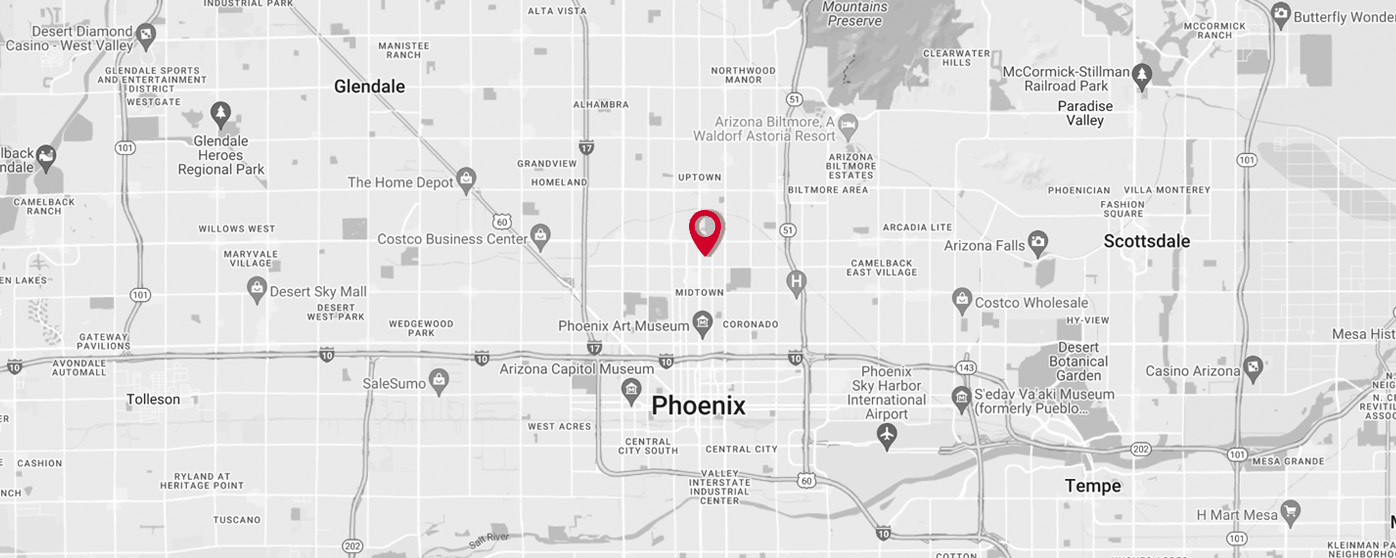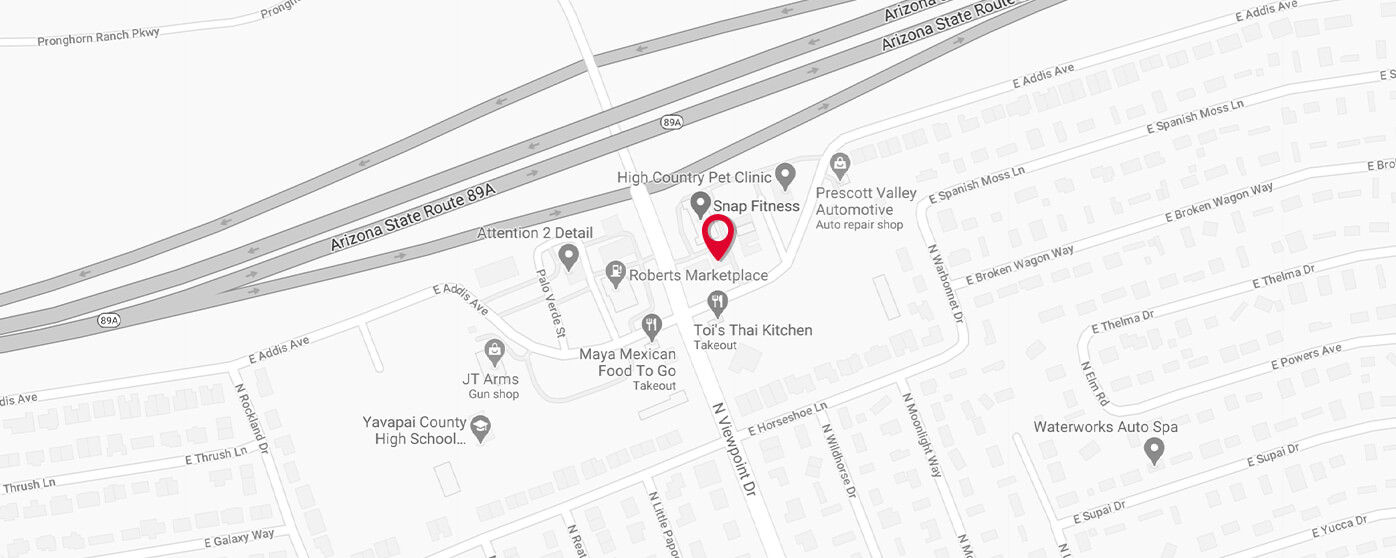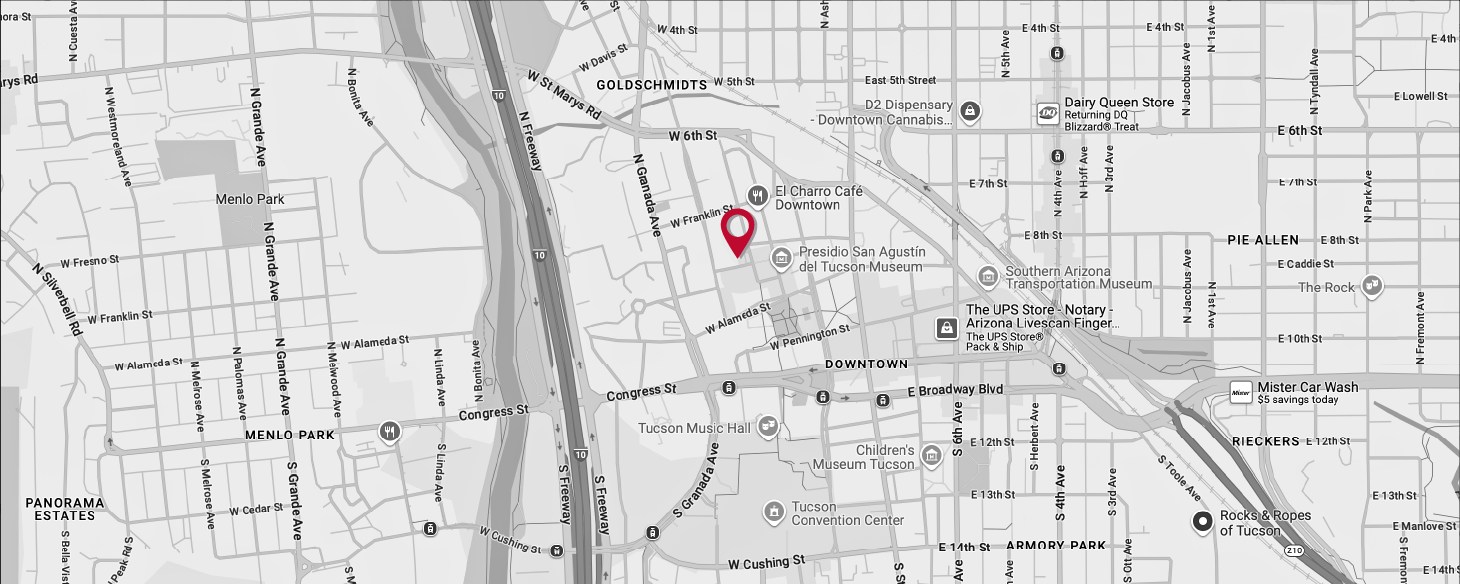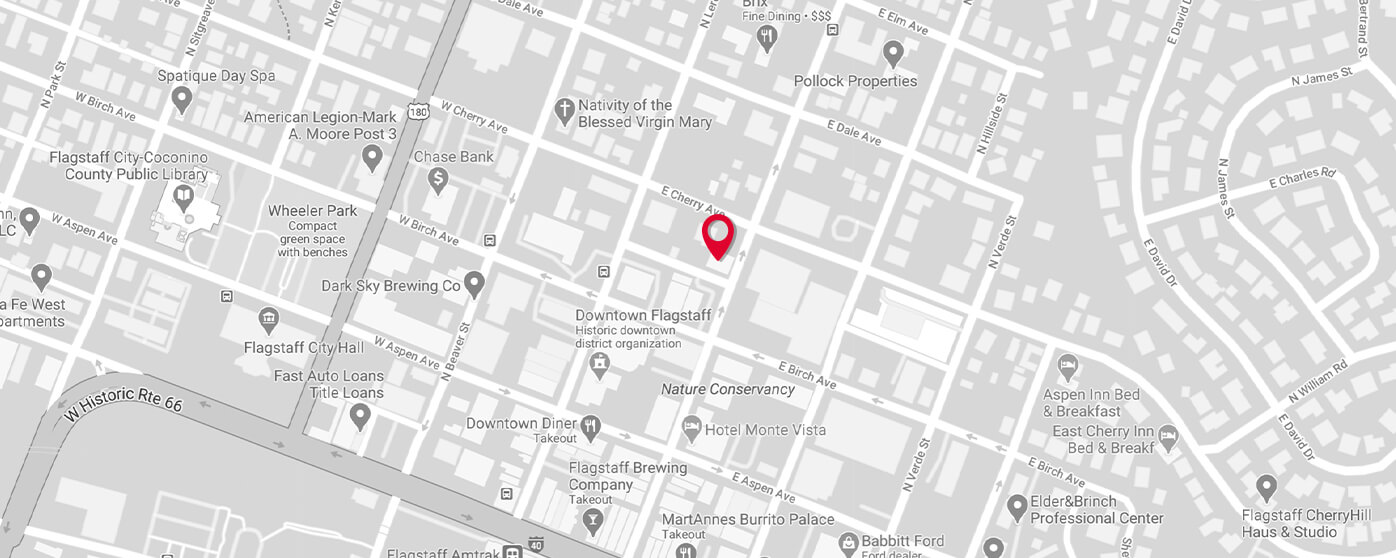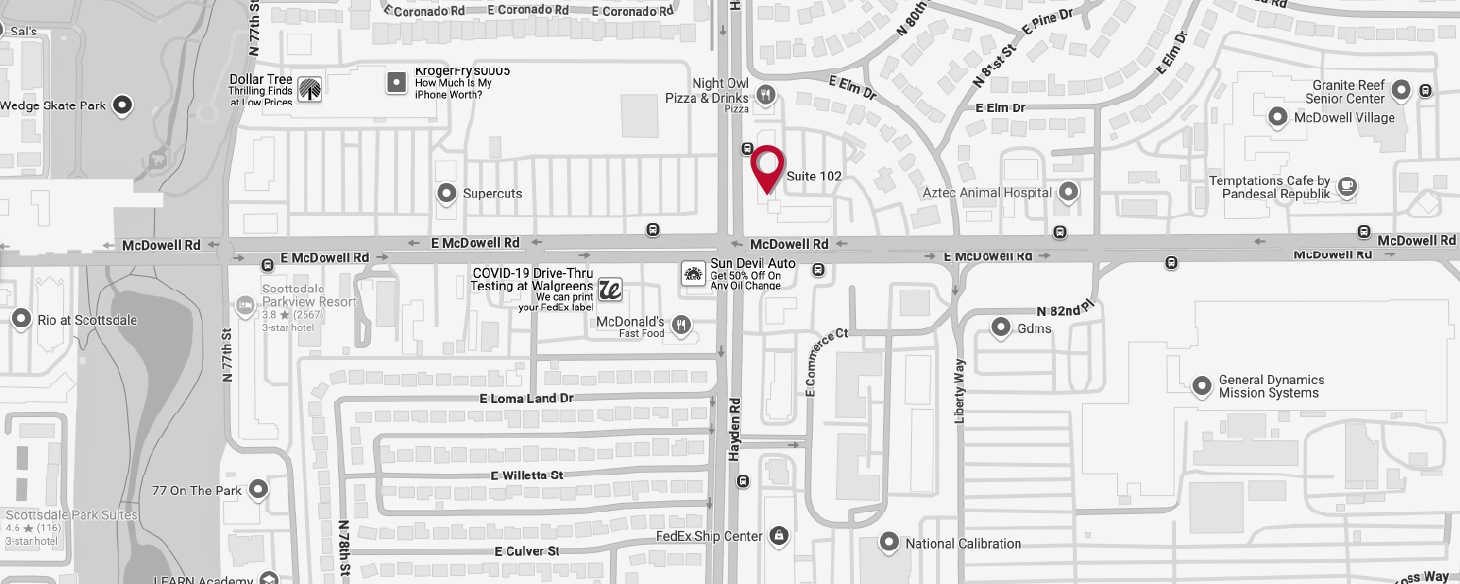In Arizona, if you are eligible to receive workers’ compensation disability benefits due to an injury suffered at one job, the amount you receive in benefits should generally reflect the wages earned at all of your jobs at the time of injury.
Let’s take a closer look at how workers’ comp works when you have two jobs.
What is Concurrent Employment?
When you work two different jobs for two different employers, or even work two different jobs for the same employer, it is called “concurrent employment.”
For instance, you may work full-time during the week as a sales clerk and then work part-time on the weekends as a cook or waiter. You could also hold one position in a company’s front office during the day and pull a second shift stocking shelves in the same company’s warehouse at night.
Does Concurrent Employment Qualify as Covered Employment?
If a person with concurrent employment suffers an injury at one job that prevents or limits the ability to work at a second job, then such an individual may be entitled to receive temporary disability or permanent impairment benefits. Those benefits would cover wage losses from both jobs if both were “covered” employment.
In other words, the worker’s employer must have been required to carry workers’ compensation insurance covering the employee.
Under Arizona law, you can be classified as an “employee” regardless of whether you work full-time or part-time. However, if a worker is an independent contractor—in a capacity that is merely casual and not in the usual business or is a domestic servant who works in the employer’s home—the employer is not required to carry workers’ compensation insurance.
If your second job is on an independent contractor basis, those wages would not be included in the benefits you receive.
Will a Second Job Affect my Workers’ Compensation Benefits?
In Arizona, workers’ compensation benefits are based on your “average monthly wage” at the time of the injury. Generally, the average monthly amount should reflect what you earned right before the injury occurred.
Generally, your average monthly wage consists of your total earnings from all sources of covered employment during the 30-day period immediately before the date of injury. So, if you are an employee covered by workers’ compensation insurance at both jobs, your earnings must be combined to reach the average monthly wage.
It does not matter if the two jobs were dissimilar. For example, someone who works full-time as a teacher and part-time at a golf pro shop could receive workers’ comp benefits reflecting lost wages from both jobs even though the two jobs have nothing in common.
A totally disabled worker should receive 66 and 2/3 percent of the average monthly wage at the time of the injury or up to the maximum amount allowed by the law.
Can I Get Another Job and Still Receive Workers’ Comp?
The workers’ compensation system is not designed to prevent or discourage injured workers from returning to work after being hurt on the job.
If your injury prevents you from doing one job at total capacity, but you can work in a lighter-duty capacity for your employer or work for a different employer in a light-duty role, then you may be eligible to go back to work and still collect workers’ comp benefits.
The amount you can receive should be equal to 66 and 2/3 percent of the difference between what you earn on light duty—whether it’s for the same employer or a different employer in a second job—and the average monthly wage before your injury.
Appealing Inaccurate Wages: Request a Hearing with the Industrial Commission
A worker’s average monthly wage is calculated by the employer’s workers’ compensation insurance company and submitted to the Industrial Commission, which issues a Notice of Average Monthly Wage to the worker. Unfortunately, adjusters often omit the income from a person’s second job when calculating the average monthly wage figure.
If you have concurrent employment and disagree with the Notice of Average Monthly Wage that you recently received from the Industrial Commission, you can file a request for a hearing with the Commission. You must do so within 90 days from the notice’s mailing date.
The Industrial Commission can reject the adjuster’s calculation and set the correct amount. An experienced workers’ compensation lawyer at Matt Fendon Law Group can help you prepare and present your case to the Industrial Commission.
Get Help From an Arizona Workers’ Comp Lawyer
Working two or more jobs is stressful enough. Trying to get the full amount of workers’ compensation benefits you are due when you have two jobs may feel overwhelming.
You don’t have to go it alone. Get help today from an experienced Arizona workers’ compensation attorney at the Matt Fendon Law Group. Call us at (800) 229-3880 or contact us today to learn more about receiving workers’ compensation benefits.

